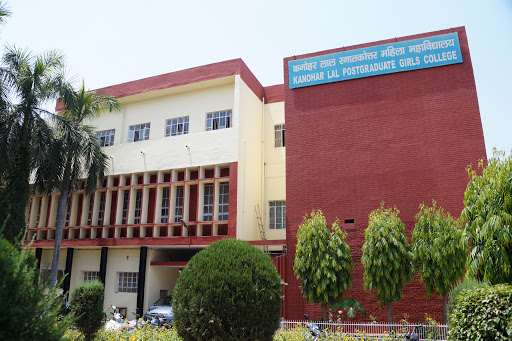Eating disorder is a serious illness (mental illness) that may negatively affect your emotional, physical as well as your mental health, eventually affecting your day-to-day life.
Eating disorders not only influence the behavioral, physical and psychological aspects of someone’s life but the academic aspect of adolescents as well. School related activities and academic performance of the adolescents may almost diminish where they might lose their interest in subjects and have difficulty in concentrating, also deterioration in their participation in other extracurricular activities that they once enjoyed. With advancement of the disorder, the person might find it difficult to communicate with anybody.
There are so many factors responsible for eating disorders besides the biological factors in some cases include depression, anxiety, competitiveness, pressure, dieting, painful life events, relationship issues, and all other issues that might be emotionally draining.
It is not easy to detect eating disorders, but very important. So you should first explore the symptoms and seek help from any professional as soon as possible. Professional help is available for both parents and the children themselves, with a psychiatrist, doctor, psychologist or a counselor. Sometimes, people don’t even realize that they are having an eating disorder and if they do, they feel ashamed or guilty about their behavior due to which they don’t feel comfortable to talk to anyone. This is when these professionals appear to be helpful resources as there is least fear of judgement and assurance of progression in the right direction.
Seeking help might be difficult, but to go through it alone is unfair for yourself.
Photo Credits: https://blue.kumparan.com/image/upload/enorxnrvzw71x4sg1veg.jpg








